Ramping Up for Renewals with Result-Driven Strategies
From Cardinal Group Consulting
New residents have moved in, and the community has reached budgeted occupancy, so it may seem like the perfect time to sit back, catch your breath, and wait for leasing to start again. That’s not the case, as we all know, student and multifamily housing never sleeps! Move-in day sets the stage for the initial six-week window where first impressions are formed, making this a pivotal time for building rapport with residents. There is a fine line between hounding residents to renew and reserving time to foster relationships. These relationships will ultimately prove critical in executing an impactful renewal campaign, which is imperative to ensure high renewal rates and reduced turnover expenses. Cardinal Group Management has implemented the following result-driven renewal strategies.
Relationship Building
A study revealed that it typically takes five positive experiences to counter a negative occurrence, highlighting the importance of immediately addressing any move-in concerns with exceptional maintenance service. A successful move-in is just one piece of the first impression puzzle though. A strong on-site team takes the time to create a community that promotes interaction and enhances each resident’s living experience. Connecting with residents can be as simple as remembering their names and addressing them directly each time they are greeted. The property management team should be encouraging positive resident interactions, and community engagement as this will directly affect the community’s reputation and its renewal rate.
Renewal Campaign
Develop a renewal campaign with a theme and corresponding marketing pieces. A successful campaign evokes excitement about renewing while providing important details such as rate adjustments and deadlines. Ownership and management should work with a strategic marketing partner on a campaign that aligns with the community and resident demographic. For student housing, every campaign should have a launch date and be promoted throughout the leasing season to create a sense of urgency. For multifamily, campaigns can be deployed quarterly or during seasons with the highest scheduled turnover. When developing a renewal campaign, consider the following:
- Approved Rates and Renewal Tiers
Work with Ownership to have renewal rates and any tiers approved well in advance of the renewal launch date. Rates should be updated in the property management system to ensure renewal offers are generated correctly. If a revenue management system is used to generate rates for various lease terms, as most multifamily properties will offer renewal terms from 3-15 months, ensure those proposed rates are approved and entered into the system. - Themed Communication
Create a theme for communication pieces, including templates for emails, text messages, on-site signage, office displays, website banners, social media strategy, and guarantor communications. Ensure the renewal communication theme is tied to the annual leasing theme and incorporated in renewal offers, specials, events, and notices for deadlines. - Kick-Off Party
Host a renewal kick-off party on the day the campaign is launched. The party should be larger than a standard residence life event. This event could also be paired with Resident Appreciation Week, which includes seven days of planned events, with the renewal party being the last big event of the week. - Tracking Policies and Tools
Utilize tracking tools to record all communication with residents, including renewal calls, responses of whether or not a resident is planning on renewing, or if they are choosing to vacate, as well as the reason why. Recording notices to vacate will allow the team to gauge how many apartments will be available for new leases and also identify any trends on why residents are choosing not to renew, i.e., rate increases, student or employment status, or management concerns. Renewal decisions can also be utilized to gauge resident satisfaction. By visualizing survey data, the community’s ORA™ score, maintenance TALi scores, etc., correlations between a resident’s renewal decision and their experience can be better identified, allowing the team insight into areas for heightened focus or improvement.Tracking renewals is particularly important in multifamily due to this sector typically requiring a 60-day notice to vacate. If a renewal process is not handled appropriately, it can lead to large swings with exposure which then leads to pricing volatility with new leases. Additionally, if a community identifies an adverse reaction to pricing increases, it presents an opportunity to re-evaluate rates in order to retain more residents. - Deadlines
Associate deadlines with rate increases to create a sense of urgency throughout the leasing season. Consider a “Save Your Space” deadline to give residents one last chance to renew in their same bedroom or unit. This deadline is especially important when leasing popular or limited floor plans. For example, if your community only had 10 studio units, you would not want to sign new leases for studios until you know how many spaces would be vacating. Deadlines can also be used to communicate specials such as an “Early Bird Special”, which is often used in multifamily and encourages residents to renew before their rate increases with each new offer.
Reduced Turnover Costs
Achieving a higher renewal rate reduces turnover expenditures, typically $265 per bed for student housing assets and $280 per unit for multifamily. This cost does not include the additional marketing dollars required to secure new leases, which average $195 per bed and $370 per unit. These costs further illustrate the importance of partnering with a management company who champions resident connections to drive renewals and decrease expenses.
Cardinal Group Companies, an industry leader in student, conventional and affordable housing property management, achieved an average renewal rate of 35% for fall 2022 across 79 student housing markets, and 51% renewal rate for multi-family properties in July 2022 .
“Renewals should always be a priority over signing new leases as the community will, in turn, save a lot of money on turn costs and marketing”.
– Johanna Adolfs, Director of Marketing and Strategy
About Cardinal Group Consulting
Cardinal Group Consulting specializes in providing consulting services to the student housing and conventional multifamily industries as well as niche sectors such as built-to-rent. We provide a diverse range of services including market research, due diligence, capital planning and pre-development design. For more information, contact consulting@cardinalgroup.com


